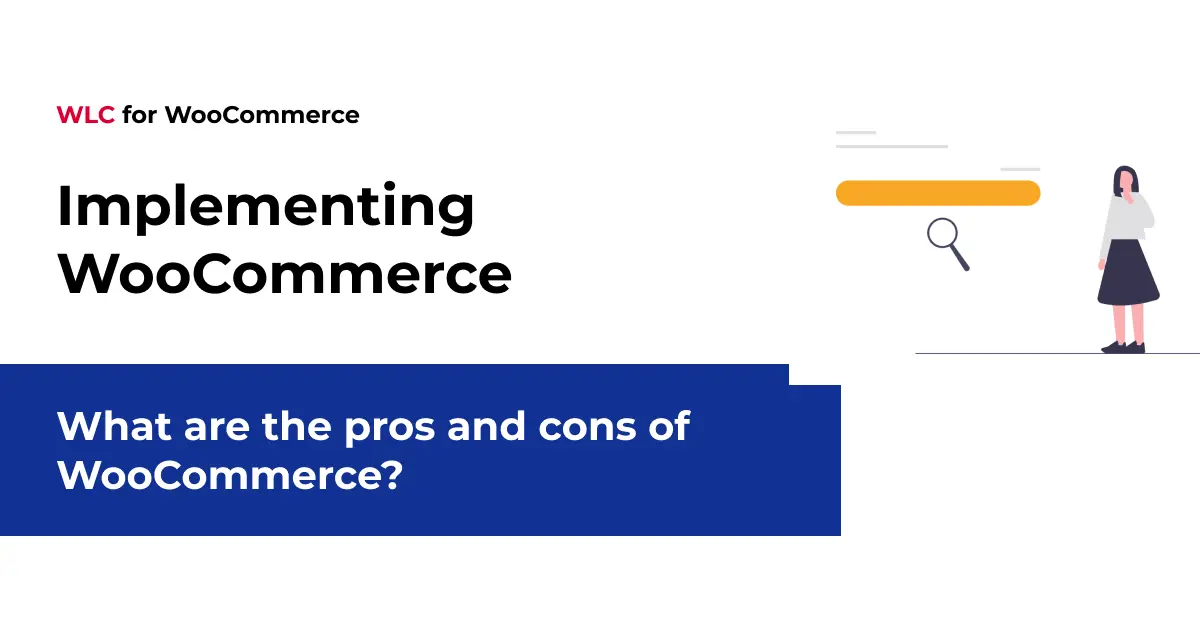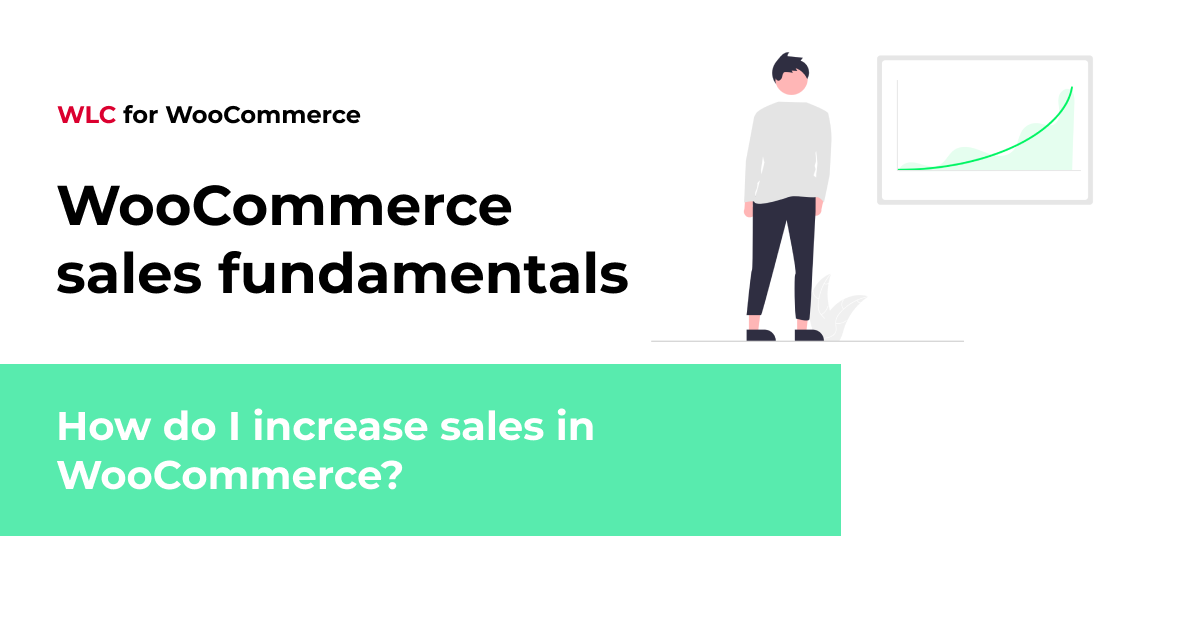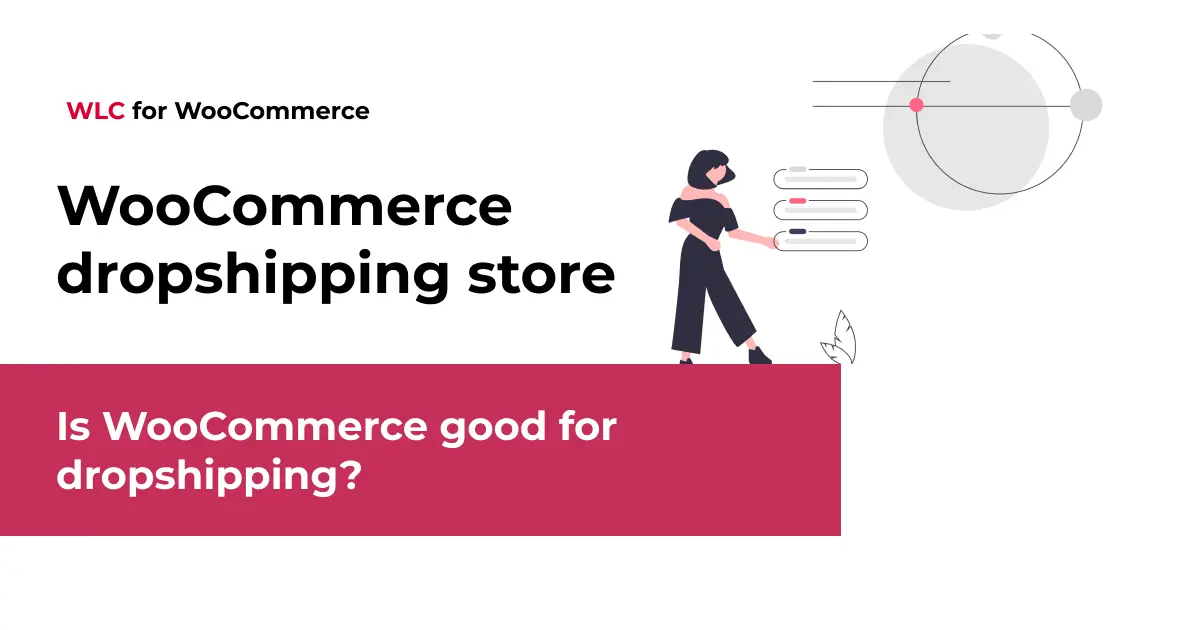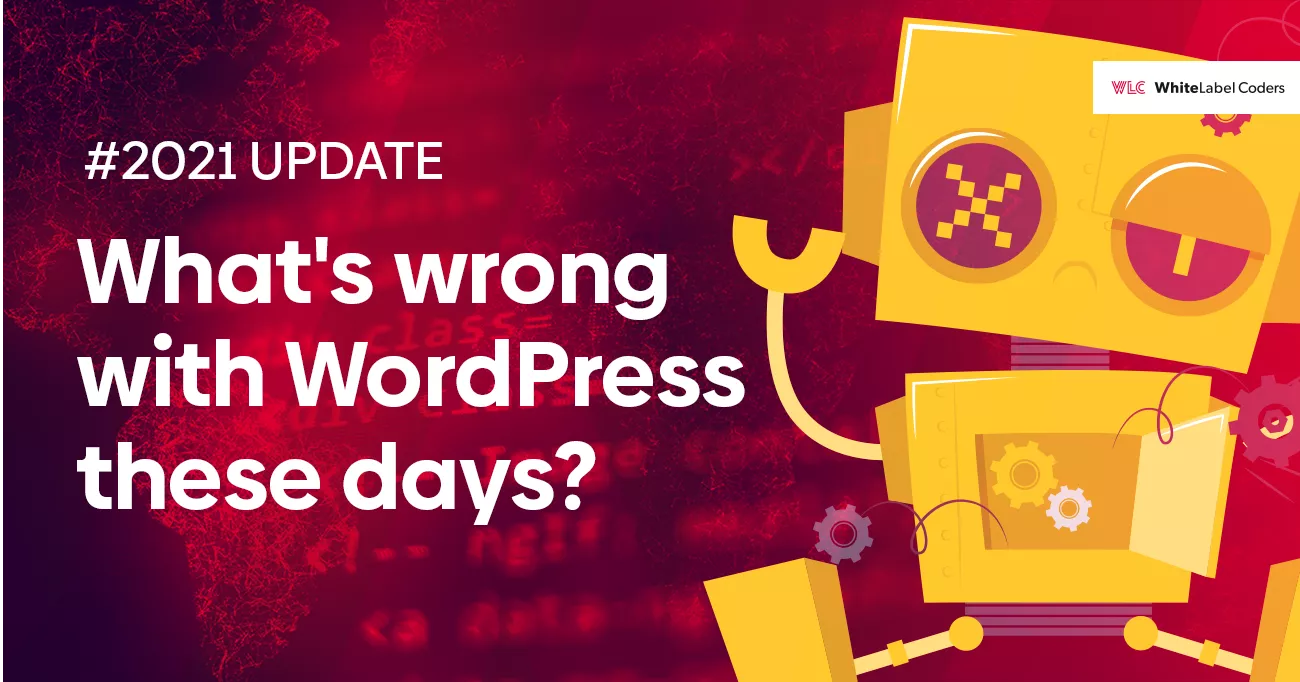Category: WooCommerce
What are the pros and cons of WooCommerce?

Ever wondered what powers over 5 million online stores across the web? That’s right – it’s WooCommerce, the flexible e-commerce solution that transforms WordPress websites into fully functional online shops. If you’re contemplating which platform to choose for your digital storefront, you’ve likely come across WooCommerce as a leading contender. But is it the right fit for your specific business needs? In this guide, we’ll explore both sides of the WooCommerce coin, giving you a balanced perspective on its strengths and limitations. Whether you’re a small business owner looking to establish your first online presence or a growing enterprise considering a platform migration, understanding these nuances will help you make an informed decision for your e-commerce journey. Let’s learn the pros and cons of WooCommerce.
Understanding the pros and cons of WooCommerce: a comprehensive introduction
WooCommerce isn’t just another e-commerce platform—it’s actually a powerful WordPress plugin that transforms your content management system into a fully-fledged online store. Launched in 2011, this open-source solution has grown to become the most popular e-commerce platform worldwide, powering approximately 28% of all online stores.
At its core, WooCommerce provides all the essential functionalities needed to run an online store: product listings, shopping cart, checkout process, inventory management, and payment processing. What makes it unique is its symbiotic relationship with WordPress, leveraging the content management capabilities of the world’s most popular website builder.
WooCommerce fundamentals include its plugin architecture, which allows store owners to add functionality through extensions rather than custom coding everything from scratch. This modular approach means you can build anything from a simple boutique selling a few items to complex marketplaces with thousands of products.
Have you considered how your choice of e-commerce platform affects your long-term business growth? This question becomes particularly relevant when exploring WooCommerce, as its open-source nature offers both freedom and responsibility—themes we’ll explore throughout this article.
What makes WooCommerce advantageous for businesses?
When considering WooCommerce development for your online store, several distinct advantages come to the forefront. These benefits have contributed to WooCommerce’s widespread adoption across businesses of all sizes.
The open-source foundation of WooCommerce represents perhaps its greatest strength. Unlike proprietary platforms, WooCommerce gives you complete access to the source code, allowing unlimited customization. This means your store can grow and evolve precisely according to your vision, without the constraints imposed by closed systems.
Another significant benefit is the seamless WordPress integration. If you’re already familiar with WordPress, you’ll find WooCommerce’s learning curve considerably gentler than standalone platforms. This integration also means you can leverage WordPress’s robust content management features alongside your e-commerce functionalities—creating product-related blog posts, guides, and other content that drives traffic and conversions.
The extensive ecosystem surrounding WooCommerce is truly remarkable. With thousands of themes and plugins available (both free and premium), you can extend your store’s functionality without custom development. Need subscription billing? There’s an extension for that. Want to create complex shipping rules? There’s a solution ready to implement.
The true power of WooCommerce lies not just in what it offers out of the box, but in its infinite adaptability to meet specific business requirements through its extension ecosystem.
Finally, cost-effectiveness remains a compelling reason businesses choose WooCommerce. While not entirely free when you factor in hosting, premium extensions, and potential development costs, WooCommerce typically offers a lower total cost of ownership compared to percentage-based platforms that charge transaction fees on every sale.
Key advantages at a glance
| Advantage | Business Impact |
|---|---|
| Complete ownership | Full control over your data and customer relationships |
| Unlimited customization | Create unique shopping experiences tailored to your brand |
| WordPress integration | Leverage content marketing alongside e-commerce |
| Extension marketplace | Add functionality without custom development |
| No transaction fees | Keep more profit on each sale |
Potential limitations of WooCommerce implementation
Despite its many strengths, WooCommerce isn’t without challenges. Understanding these potential drawbacks is essential for making an informed decision about your e-commerce platform.
Perhaps the most significant limitation is the technical knowledge barrier. While basic WooCommerce stores are relatively straightforward to set up, anything beyond standard functionality often requires technical expertise. Unlike fully hosted solutions that manage technical aspects for you, WooCommerce places responsibility for updates, security, and optimization in your hands. This means either developing these skills yourself or partnering with WooCommerce development specialists. One common oversight for growing businesses is skipping structured testing after updates. Professional workflows include using staging environments, automated deployment pipelines (CI/CD), and continuous uptime and security monitoring to ensure that new features or updates never disrupt sales operations.
As your store grows, you may encounter performance challenges. WooCommerce can handle high-volume stores, but this requires careful attention to hosting infrastructure, database optimization, and caching strategies. Out-of-the-box WooCommerce installations on basic hosting plans often struggle with heavy traffic or large product catalogs—issues that typically don’t arise with enterprise-grade hosted platforms.
The maintenance burden represents another consideration. WordPress and WooCommerce regularly release updates for features and security, as do theme and plugin developers. Keeping everything updated while ensuring compatibility requires diligent oversight. One outdated component can potentially compromise your entire store’s security or functionality.
Have you thought about how these technical requirements align with your business resources? For companies without dedicated IT staff, the ongoing maintenance responsibilities can divert attention from core business activities like marketing and customer service.
How does WooCommerce handle scalability and performance?
When businesses evaluate e-commerce platforms, scalability often tops their list of concerns. Can WooCommerce grow with your business? The answer is yes—with caveats.
Hosting environment plays a crucial role in WooCommerce performance. Unlike hosted solutions with built-in infrastructure, WooCommerce’s performance depends largely on your chosen hosting provider. As your store grows, you’ll need to upgrade from shared hosting to virtual private servers (VPS), dedicated servers, or managed WordPress hosting specifically optimized for WooCommerce.
The database architecture of WooCommerce (built on WordPress’s database structure) can become a bottleneck with large catalogs. Stores with thousands of products may experience slower load times and administrative panel delays without proper optimization. This is where database management techniques like proper indexing, query optimization, and potentially custom table structures become necessary.
Performance optimization for WooCommerce typically involves multiple layers:
- Implementing comprehensive caching solutions
- Using content delivery networks (CDNs) for static assets
- Optimizing image delivery and compression
- Minimizing plugin usage to essential extensions only
- Regular database maintenance and optimization
With proper implementation of these techniques, many businesses successfully scale their WooCommerce stores to handle millions in annual revenue. However, this scalability requires either technical expertise or partnership with WooCommerce development professionals who understand performance optimization.
For high-volume online stores, WooCommerce—when implemented by an experienced development team – can comfortably handle tens of thousands of products, hundreds of orders per hour, and complex infrastructure setups. With the right architecture, it can be integrated seamlessly with ERP, CRM, warehouse management, and payment systems, making it a powerful choice even for enterprise-level B2B operations.
WooCommerce vs. hosted solutions: which fits your business? The pros and cons of WooCommerce
When evaluating e-commerce platforms, the choice often narrows to self-hosted solutions like WooCommerce versus fully-hosted options like Shopify or BigCommerce. This decision fundamentally comes down to control versus convenience.
| Factor | WooCommerce | Hosted Solutions |
|---|---|---|
| Control | Complete ownership and customization | Limited by platform constraints |
| Technical responsibility | Owner manages hosting, security, updates | Provider handles technical infrastructure |
| Pricing model | Variable costs based on hosting, extensions | Monthly subscription plus transaction fees |
| Scalability approach | Manual optimization and infrastructure upgrades | Automatic scaling handled by provider |
| Learning curve | Steeper, especially for customizations | Gentler, focused on business operations |
WooCommerce excels for businesses that:
- Prioritize flexibility and customization over ease of setup
- Have specific functional requirements unique to their business model
- Want to avoid revenue-based fees that increase as sales grow
- Already have established WordPress websites they wish to expand
- Have access to technical resources or development partners
Conversely, hosted platforms typically better serve businesses seeking turnkey solutions with minimal technical involvement. The right choice depends on your specific business priorities, resources, and growth trajectory. When comparing total cost of ownership (TCO), WooCommerce may require higher initial development costs for fully customised projects, but the absence of transaction fees and the ability to avoid vendor lock-in can lead to significant long-term savings – often reaching six-figure amounts annually for high-revenue stores.
Key considerations for implementing WooCommerce effectively
Successful WooCommerce implementation requires careful planning across several dimensions. Whether you’re building a new store or migrating from another platform, these considerations will help ensure your project’s success.
Hosting selection forms the foundation of your WooCommerce store’s performance and reliability. Look beyond basic shared hosting to specialized WordPress/WooCommerce hosting providers that offer:
- Server-level caching mechanisms
- Optimized PHP configurations
- Automated backup systems
- Enhanced security measures
- Staging environments for testing
When evaluating extensions and plugins, quality trumps quantity. Each additional plugin adds potential compatibility issues and security vulnerabilities. Prioritize extensions from reputable developers with strong support histories and regular updates. Consider whether the functionality justifies the additional complexity.
The question of in-house versus partner development merits careful consideration. Do you have the technical expertise to implement and maintain WooCommerce effectively? Many businesses find that partnering with specialized WooCommerce developers provides better outcomes than trying to manage everything internally—particularly for initial setup, custom functionality, and performance optimization.
Finally, establish a proactive maintenance strategy that includes:
- Regular update schedules for core, themes, and plugins
- Security monitoring and hardening practices
- Performance benchmarking and optimization
- Backup and recovery protocols
Conclusion: the pros and cons of WooCommerce
We’ve explored WooCommerce from multiple angles, examining its strengths, limitations, and implementation considerations. So how do you determine if it’s the right platform for your business?
WooCommerce offers an ideal solution when flexibility, customization, and cost control over the long term are priorities. Its deep integration with WordPress makes it particularly valuable for businesses that leverage content marketing alongside product sales. The absence of transaction fees also provides financial advantages as your store scales in revenue.
However, WooCommerce requires a willingness to either develop technical expertise or partner with qualified WooCommerce development specialists. The platform demands more active management than hosted alternatives and typically involves higher initial setup complexity.
Consider your business’s resources, technical capabilities, and specific requirements. If unique functionality, complete control, and ownership of your e-commerce environment are essential, WooCommerce likely represents the better choice. If simplicity and hands-off management trump customization needs, hosted platforms might serve you better.
Whichever direction you choose, remember that successful e-commerce depends not just on the platform, but on strategic implementation aligned with your business goals. By thoroughly evaluating WooCommerce against your specific needs, you’ll make a more informed decision that supports your long-term e-commerce success.
Now you know the pros and cons of WooCommerce. At White Label Coders, we’ve helped businesses migrate from platforms like Shopify and Magento to WooCommerce, unlocking greater flexibility, lower operational costs, and fully tailored functionality. Whether you need a performance audit, a custom build, or long-term technical support, our team ensures your WooCommerce store is optimised for both growth and stability. Contact us.






